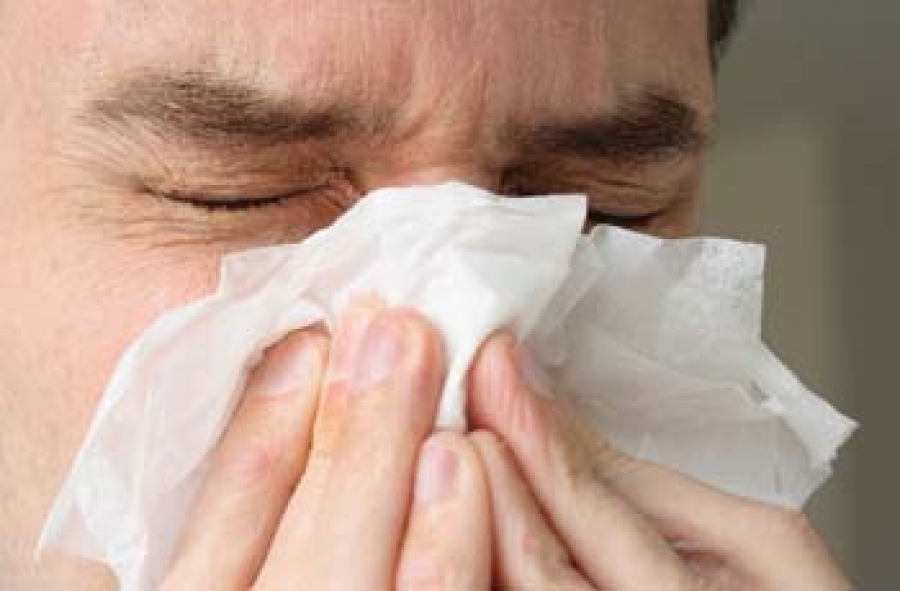Having recently spent two hours on a plane seated next to a fellow who was clearly too ill to be in confined space with others, I was reminded that the time of year when germ transmission and attendant illness ramps up is again upon us. For many of us, between sneezes, our attention turns to discussion of worker attendance, absenteeism, and presenteeism.
Our view is that organizations should be working on both ends of the job attendance equation. While the average worker experiences a relatively modest 3 days per year of unscheduled health-attributed absence, there is a growing number of chronic malingerers whose absenteeism rate is 5 to 10 times greater. Owing to a managerial workforce that is less well trained than ever, many managers quite simply don’t know how to deal with it.
And yes, on the other side of the coin, “presenteeism” is very much an issue, both with those who come to work when they shouldn’t, and those who are sick of work because it follows them home (and wherever else they go).
Worker attendance is at once both a human and a business issue that profoundly impacts the bottom line. Hence, it deserves fresh thought. A few starters…
- Give workers more choice and flexibility with work scheduling. As but one example, older workers usually find that they perform better when afforded fairly constant schedules and consecutive days of rest.
- Explore ways to afford your workers (all of them) better, more affordable access to health care (as opposed to health insurance).
- Crack down on abusers. One of the things that most infuriates high performers is the allowance made for turkeys.
- Stop making people lie to you about time off. Respected studies have repeatedly suggested that roughly two-thirds of last minute sick calls are for non-medical reasons.
- Treat staff members like the responsible adults you thought they were when you hired them, and let them know that you expect them to behave accordingly. Tell them that you will respect their judgment if they elect to stay home due to illness, and that if they have a communicable disease or malady, you most certainly don’t want them sharing it with co-workers.
- Take a hard look at the economic side of presenteeism, and the fact that in an increasing number of cases (health care and hospitality industries in particular), people are bringing their germs to work because they can’t afford not to. Achoo!


